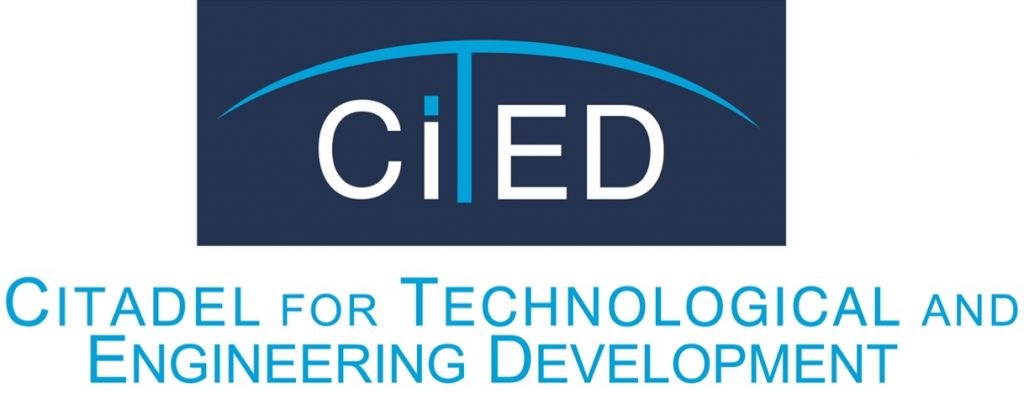This intensive 3-day training program offers a unique opportunity to gain practical knowledge and skills in maintenance management.

Maintenance Management Best Practices: Systems, Tools, and Techniques
Course Introduction
Overview: This 3-day intensive training program is designed to provide participants with a comprehensive understanding of best practices in maintenance management. The course will delve into the latest strategies, tools, and techniques for optimizing maintenance operations, reducing downtime, and improving overall equipment reliability. Through a combination of theoretical lectures, interactive discussions, and practical exercises, participants will gain the knowledge and skills necessary to implement effective maintenance programs.
Key Focus Areas:
- Maintenance Planning and Scheduling
- Preventive Maintenance (PM)
- Predictive Maintenance (PdM)
- Corrective Maintenance
- Maintenance Metrics and KPIs
- Maintenance Management Systems (CMMS)
- Root Cause Analysis
Target Audience:
This course is tailored for maintenance managers, engineers, technicians, supervisors, and other professionals involved in maintenance operations who seek to improve their skills and knowledge in maintenance management.
About the Course:
This course will cover a wide range of topics, from the fundamental principles of maintenance management to advanced techniques for optimizing maintenance performance. Participants will learn how to develop effective maintenance plans, schedule work efficiently, and implement a robust maintenance strategy. They will also gain hands-on experience in using maintenance management software, conducting root cause analysis, and analyzing maintenance data.
Course Objectives:
Upon completion of this course, participants will be able to:
- Develop and implement effective maintenance strategies aligned with business objectives.
- Optimize maintenance planning and scheduling to minimize downtime and improve productivity.
- Utilize predictive maintenance techniques to identify potential equipment failures before they occur.
- Conduct root cause analysis to prevent recurring failures and improve equipment reliability.
- Effectively utilize maintenance management software to track work orders, inventory, and maintenance history.
- Analyze maintenance data to identify trends, optimize resource allocation, and make data-driven decisions.
- Improve maintenance performance through the use of key performance indicators (KPIs).
Course Outline
Day 1: Maintenance Planning and Scheduling
- Morning Session:
- Introduction to maintenance management concepts
- Maintenance planning and scheduling principles
- Work order management and prioritization
- Afternoon Session:
- Hands-on exercise: Developing a maintenance plan for a specific equipment
- Case study: Implementing a preventive maintenance program
Day 2: Predictive Maintenance and Root Cause Analysis
- Morning Session:
- Predictive maintenance techniques (vibration analysis, thermography, oil analysis)
- Data collection and analysis for predictive maintenance
- Root cause analysis methodologies (5 Whys, Fishbone diagram)
- Afternoon Session:
- Hands-on exercise: Conducting a root cause analysis for a equipment failure
- Case study: Implementing a predictive maintenance program
Day 3: Maintenance Management Systems and KPIs
- Morning Session:
- Introduction to maintenance management systems (CMMS)
- Key features and functionalities of CMMS
- Data management and reporting
- Afternoon Session:
- Hands-on exercise: Using a CMMS to track work orders and generate reports
- Maintenance KPIs and performance measurement
Course Outcomes:
By the end of this course, participants will have a comprehensive understanding of maintenance management best practices. They will be able to:
- Develop and implement effective maintenance strategies.
- Optimize maintenance planning and scheduling.
- Utilize predictive maintenance techniques to improve equipment reliability.
- Conduct root cause analysis to prevent equipment failures.
- Effectively use maintenance management software to track maintenance activities.
- Analyze maintenance data to make informed decisions.
- Improve maintenance performance through the use of KPIs.
Conclusion:
This intensive 3-day training program offers a unique opportunity to gain practical knowledge and skills in maintenance management. By attending this course, you will be well-equipped to optimize maintenance operations, reduce costs, and improve overall equipment reliability.

